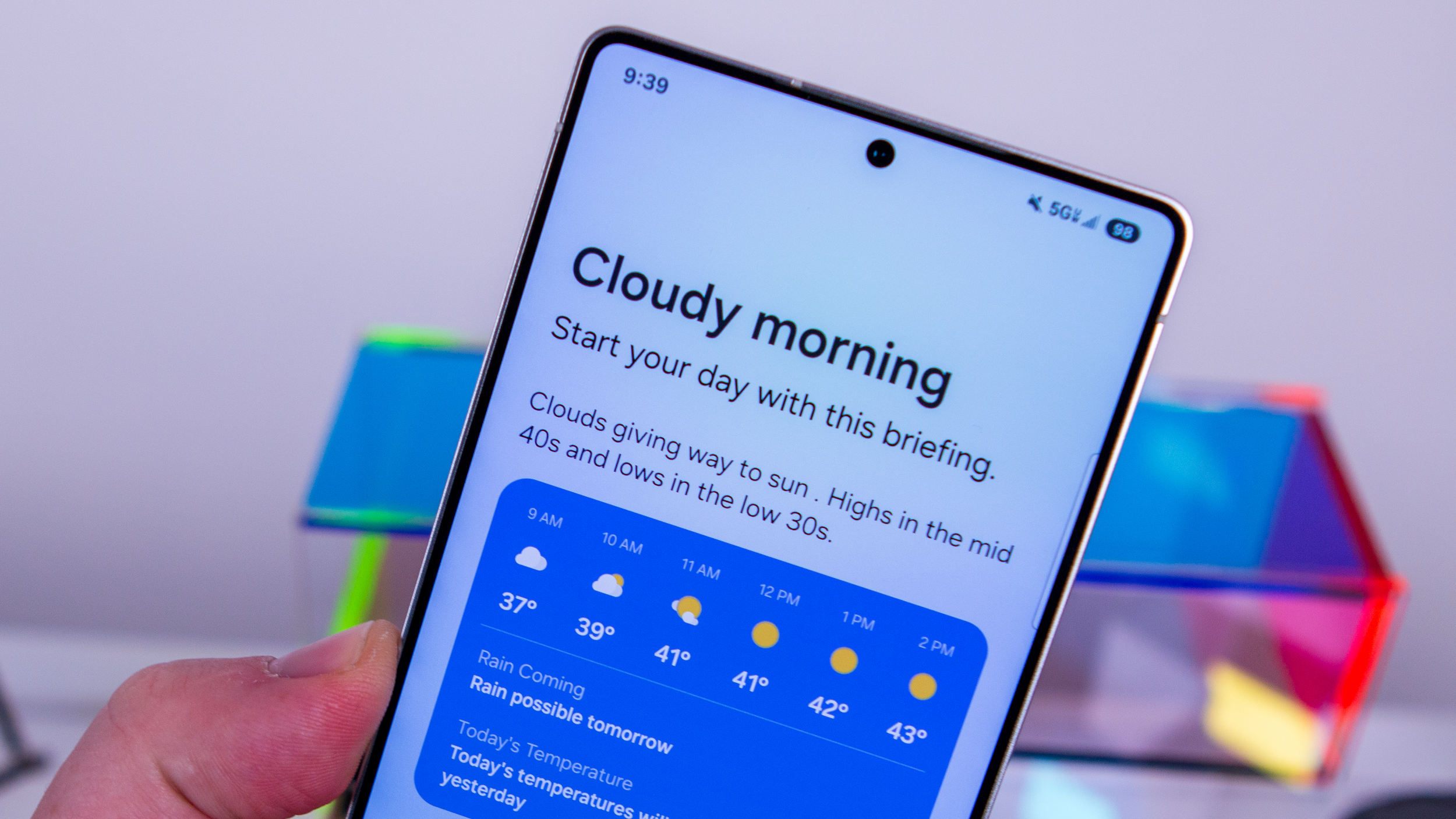How the classic puzzle game Myst came to Android
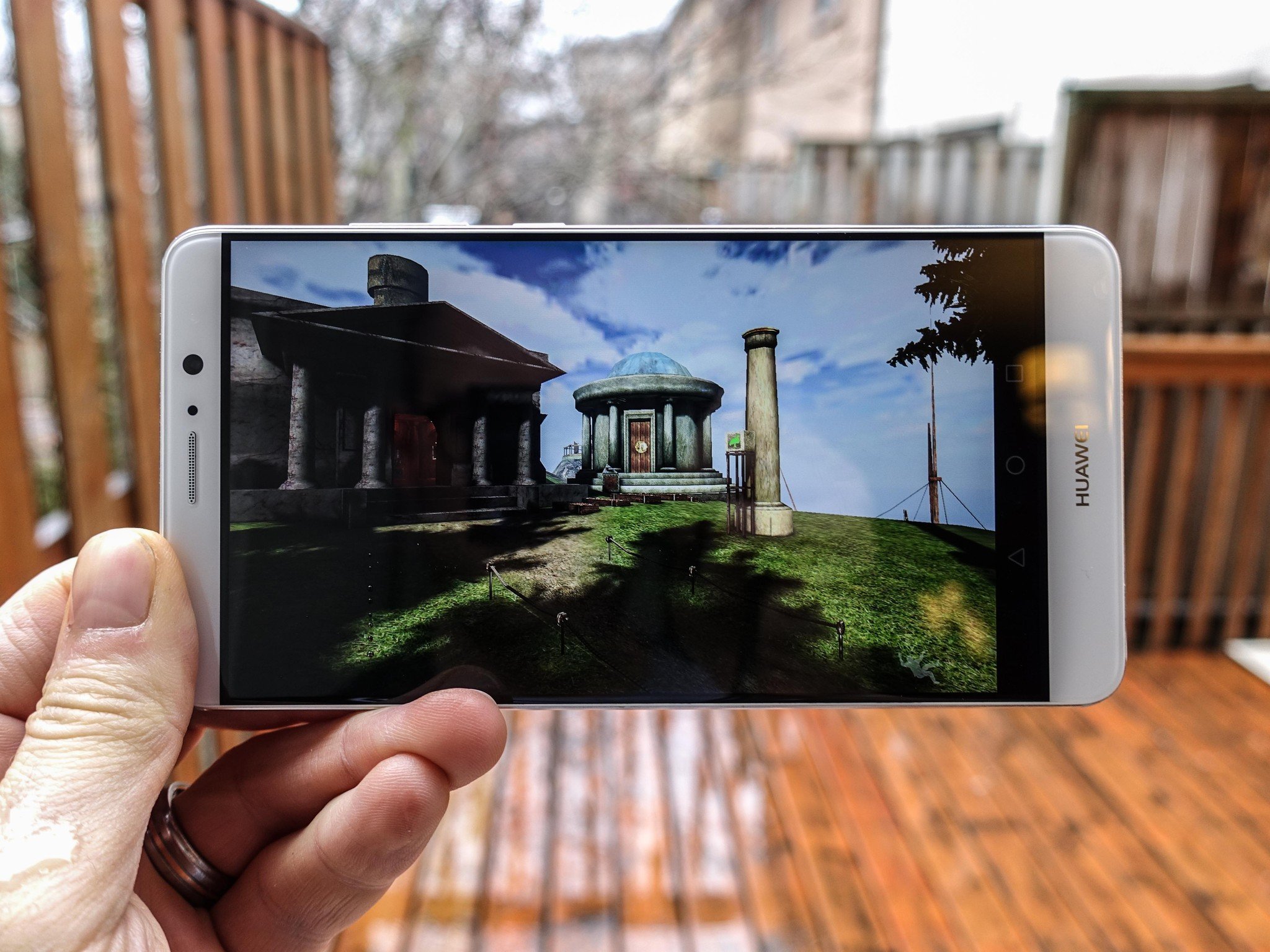
The last time I spent any time in Cyan Inc.'s Myst, the legendary 3D puzzler that remained the most successful PC game ever until The Sims debuted in 2002, I was barely nine years old, enamored with the prospect of sitting in front of a computer and clicking to travel between places and times. Myst, like so many games released in the early 90s, remains in my head as it was: simple, beautiful and exasperating, a feat of early computer game engineering.
The game comes to Android seven years after iOS, but thanks to recent graphical overhauls and a transition to the cross-platform Unity engine, it arrives more beautiful and immersive than ever.
Of course, 24 years later, to return to the original game would be impossible; there have been so many iterations since then, from graphics- and sound-improving remasters to mobile adaptations, the original seems almost quaint. And yet the brothers behind the game, Rand and Robyn Miller, who began development of the classic back in 1990, believe Myst's primary gameplay still shines, even as it finds itself debuting on another platform, Android, after yet another remastering.
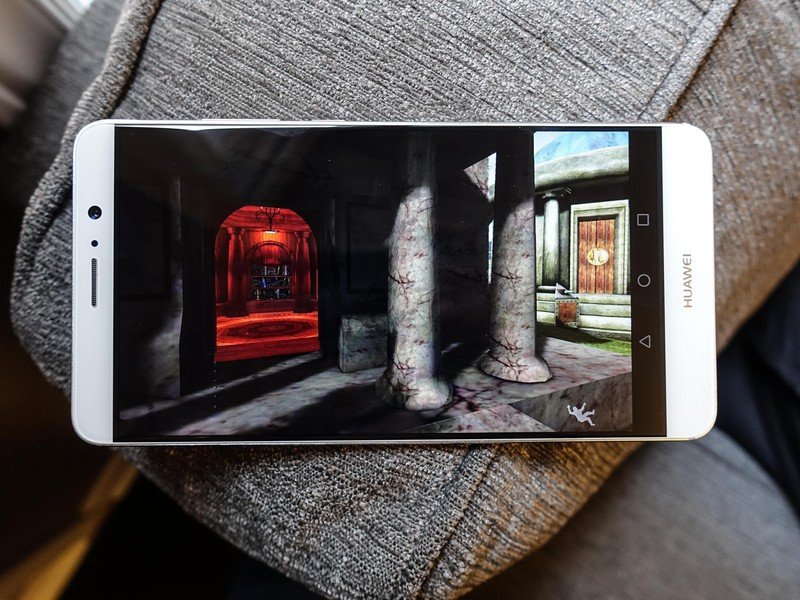
"I'm still as enamored with Myst as I ever was," Rand Miller told me in a phone interview. "Myst was designed to be simple, and in transitioning to touch [on a smartphone or tablet] it loses a layer of abstraction." The game comes to Android nearly seven years after it debuted on iOS, but thanks to two recent graphical overhauls and a transition to the cross-platform Unity engine, it arrives more beautiful and immersive than ever.
The game itself isn't necessarily the one you'll remember from the early days of whirling 1x CD-ROMs. It's realMyst, an adaptation originally released in 2000 that added real-time movement to the stillness of the original; a true adventure game rather than a series of vignettes. The assets and locations are all the same, but in realMyst you actually walk between them — something that wasn't possible with the extremely limited hardware of the early 90s.
"When we were first porting our own games to Android, back in the early days, device parity was so crazy... it scared off most developers at the time."
To undertake the transition to Android, Cyan called on renowned Saskatchewan-based mobile publisher, Noodlecake, to do the heavy lifting. Noodlecake, which has carved out a niche as the publisher entrusted with bringing prime iOS exclusives to Android — games like Alto's Adventure, Chameleon Run, Punch Quest, Wayward Souls, and Sage Solitaire, which may not have come to Android at all other — found the game to be in good condition after the Unity conversion, said COO Ryan Holowaty.
Holowaty said that Cyan approached his company to port both realMyst and Riven, which will come to Android devices in the coming months, because of their reputation in deftly handling Android ports, a task daunting for many other publishing houses. "When we were first porting our own games to Android, back in the early days, device parity was so crazy — and we ran into a lot of problems. That's what scared off most developers at the time. There were too many devices to support, and they didn't know how to optimize the games [that were originally coded in Objective-C].
"Now, the specs and the hardware have balanced out, and it's a bit easier to be confident that a game will run great across multiple devices... but we developed a reputation for being the place for iOS developers to bring their games to Android."
Be an expert in 5 minutes
Get the latest news from Android Central, your trusted companion in the world of Android
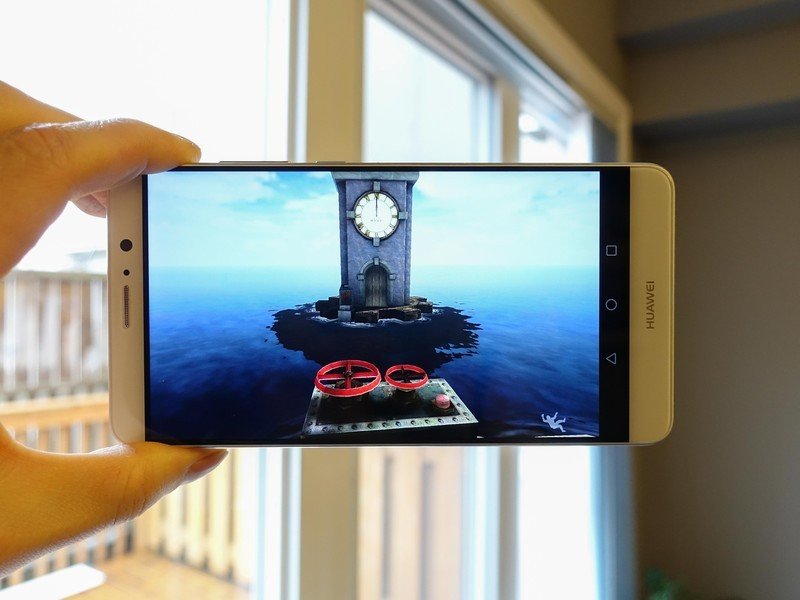
Holowaty acknowledged that not all game ports are financially successful, but the relationships Noodlecake creates, along with the long-term success of the gaming franchise for the original publisher, is worth the trade-off. He noted that, with a game like Alto's Adventure, which debuted as a paid title on iOS, developer Snowman accepted Noodlecake's suggestion to make it free-to-play on Android. Some iOS developers, especially smaller teams, don't have the resources to bring their titles to Android, but feel it necessary from an imaging perspective to have the game present on both major gaming platforms. That's where Noodlecake shines.
The publisher also enjoys the feedback loop by having a number of high-profile titles living in one place. On iOS, for example, popular retro platformer Punch Quest is published by its developer, Rocketcat; on Android, it lives next to Alto's Adventure and realMyst.
The adaptation to a fully 3D environment introduced a number of compromises he and his brother weren't necessarily ready for.
But Myst is unlike anything else in Noodlecake's repertoire. It's vast and epic and, while optimized for mobile devices, perhaps requires a bit more patience than the average mobile gamer possesses. The controls, while sensible, are still limited by the game's original mouse click-heavy navigation, and without the ability to strafe you'll be doing a lot of backing up away from walls as you endeavor to tap on a sconce or manipulate a lever that could be a clue as to why you're roaming a seemingly-empty world full of ethereal music and scratchy vocalizations.
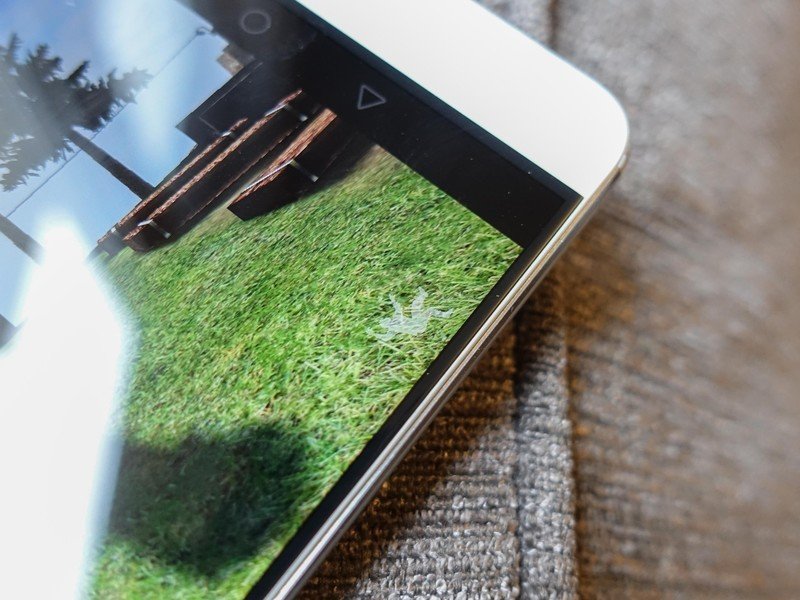
Miller acknowledged this issue, saying the adaptation to a fully 3D environment introduced a number of compromises he and his brother weren't necessarily ready for. "We lived in those models back in those static days. Moving to real-time 3D, we found the biggest issue was some of the things were able to control in 2D, like setting up shots and putting people in exact positions where they were able to interact with things to keep them right on trails — we had to deal with that, by improving the interface and ensuring the navigation was intuitive."
Ultimately, the game, while still beautiful and eminently playable on Android, is not — and never will be — inherently attractive to a modern generation of gamers brought up on fast-paced twitch controls. That's a shame, because Noodlecake did a great job bringing the majesty of Myst, the game and the world, to Android, and at $6.99, it's a piece of gaming royalty you can pick up and take with you any time.
Daniel Bader was a former Android Central Editor-in-Chief and Executive Editor for iMore and Windows Central.

